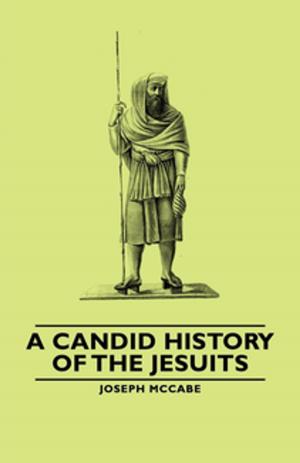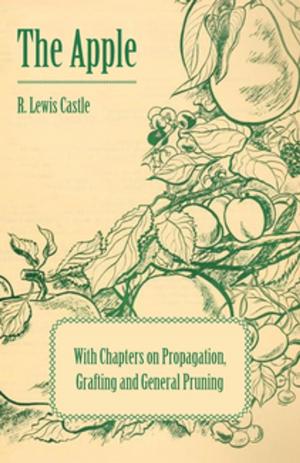| Author: | John Woodroffe | ISBN: | 9781446546857 |
| Publisher: | Read Books Ltd. | Publication: | March 23, 2011 |
| Imprint: | Lowrie Press | Language: | English |
| Author: | John Woodroffe |
| ISBN: | 9781446546857 |
| Publisher: | Read Books Ltd. |
| Publication: | March 23, 2011 |
| Imprint: | Lowrie Press |
| Language: | English |
I take the opportunity given by the publication of the second volume of this series to deal with a criticism on the first which affects all. I am therein described as an “adherent” of “Shaktaism” and as “commending” the acceptance of such doctrine, to others. It is true that I think that this doctrine has been misunderstood and has been the subject (overall) of unjust judgments. I think also that it is, in its highest presentment, a grand and inspiring system (by which I do not mean that it is the only one, or that it is without defect); otherwise probably I should not have concerned myself with it. I desire however to say here that I do not write as an “adherent” of this, or any other philosophical system or religious sect whatever, but as a free-thinker and free-companion: “Neither Burgundian nor Armagnac.” Nullìus addictus jurare in verba magistri. But as I have said elsewhere in describing Shākta teaching and Vedānta I write from that standpoint. Nor do I, pace my critic, make light of, and still less deny, the utility of Reason or its efficacy to give us the truth within the system of which it is a part. But the Truth as it lies beyond that system is directly realised as it is in Itself, that is beyond Mind not by Reason but by a Full Experience (Samādhi) which is not a “sleep” except to the gross world and is an awakening in the supersensible world. Those who talk in this fashion show want of knowledge of their own Scripture. There the highest praise is bestowed on reason. See for instance the Chapter on Vichāra in the Yoga-Vāshishtha. Moreover, Vedānta does not accept the intuitionalism which discards intellect. On the contrary the Brihadāranyaka Upanishad says that the Self must be thought upon and deeply pondered.
I take the opportunity given by the publication of the second volume of this series to deal with a criticism on the first which affects all. I am therein described as an “adherent” of “Shaktaism” and as “commending” the acceptance of such doctrine, to others. It is true that I think that this doctrine has been misunderstood and has been the subject (overall) of unjust judgments. I think also that it is, in its highest presentment, a grand and inspiring system (by which I do not mean that it is the only one, or that it is without defect); otherwise probably I should not have concerned myself with it. I desire however to say here that I do not write as an “adherent” of this, or any other philosophical system or religious sect whatever, but as a free-thinker and free-companion: “Neither Burgundian nor Armagnac.” Nullìus addictus jurare in verba magistri. But as I have said elsewhere in describing Shākta teaching and Vedānta I write from that standpoint. Nor do I, pace my critic, make light of, and still less deny, the utility of Reason or its efficacy to give us the truth within the system of which it is a part. But the Truth as it lies beyond that system is directly realised as it is in Itself, that is beyond Mind not by Reason but by a Full Experience (Samādhi) which is not a “sleep” except to the gross world and is an awakening in the supersensible world. Those who talk in this fashion show want of knowledge of their own Scripture. There the highest praise is bestowed on reason. See for instance the Chapter on Vichāra in the Yoga-Vāshishtha. Moreover, Vedānta does not accept the intuitionalism which discards intellect. On the contrary the Brihadāranyaka Upanishad says that the Self must be thought upon and deeply pondered.















